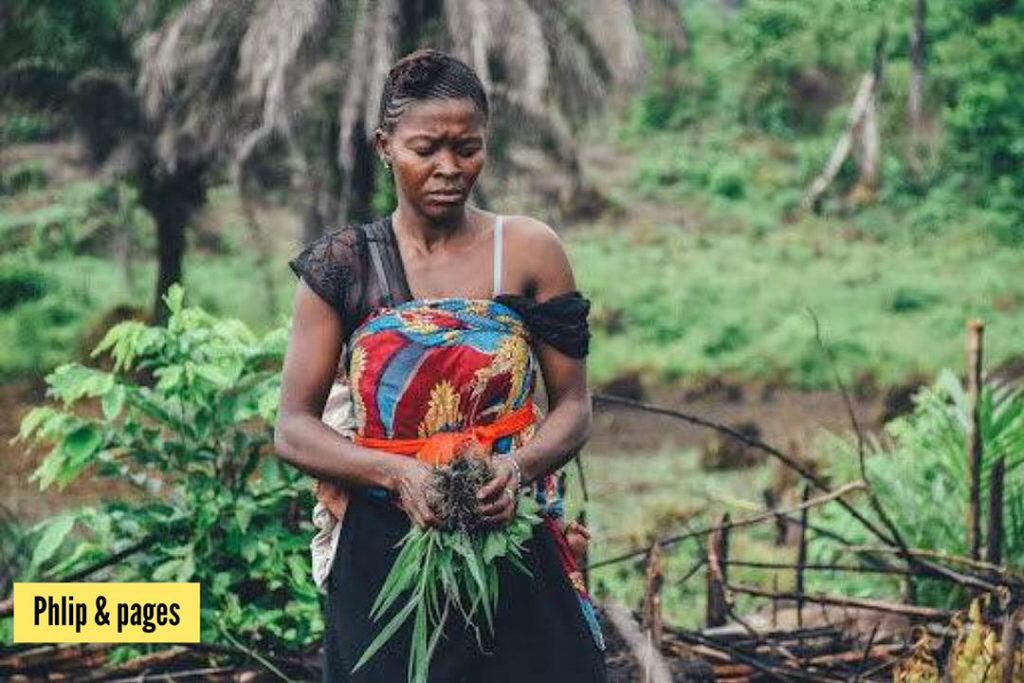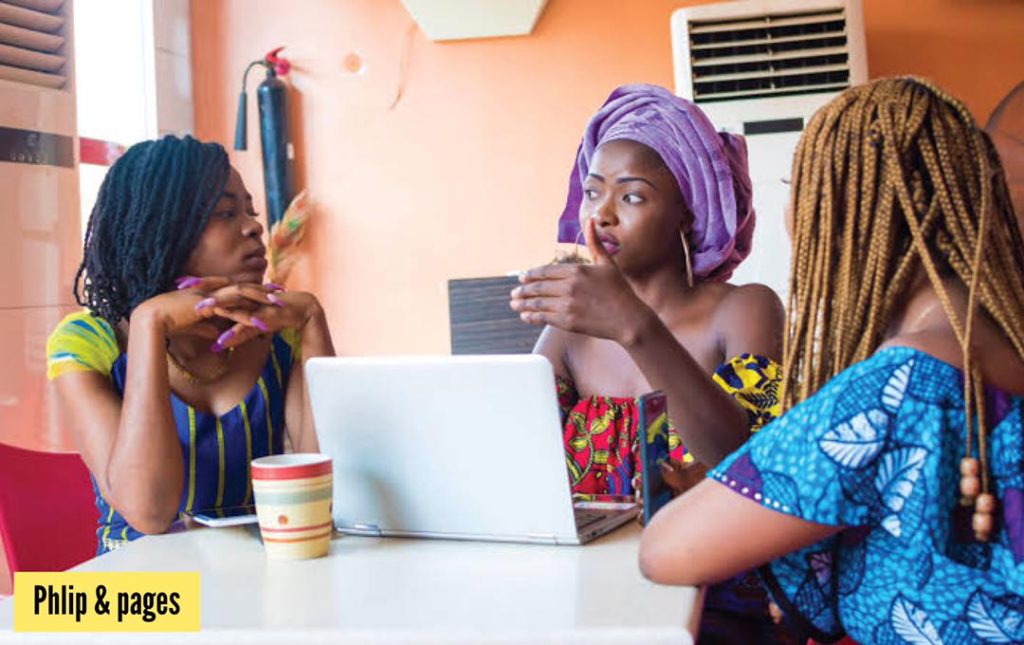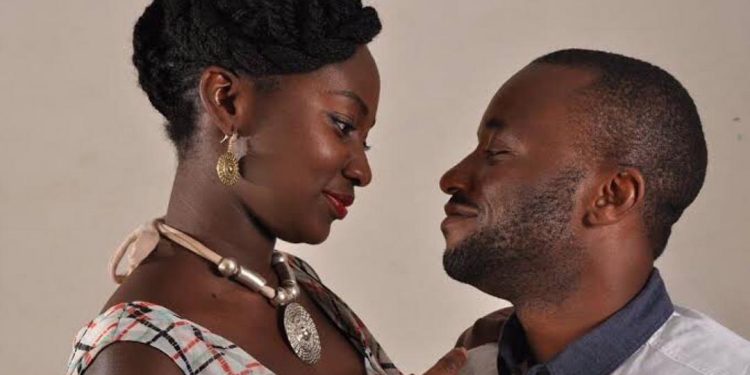In Nigerian society, as in many cultures worldwide, gender roles have long played a significant role in shaping relationship dynamics. However, with shifting societal norms and evolving values, traditional gender expectations are being reexamined. This article delves into the fascinating world of Nigerian relationships to explore how traditional gender roles intersect with modern values, presenting an insightful reflection on the changing landscape of love
The Traditional Gender Paradigm:

Historically, Nigerian relationships adhered to rigid gender norms that prescribed distinct roles for men and women. Men were expected to be providers and protectors while women assumed nurturing roles within the household. These predefined expectations often governed decision-making processes and power dynamics within relationships.
Shifting Cultural Perspectives:

Over time, there has been a gradual shift towards more egalitarian views on gender roles within Nigerian society. Modernity has brought about increased access to education and economic opportunities for women, empowering them to challenge traditional stereotypes and participate actively in various aspects of life.
Redefining Masculinity:
The concept of masculinity is undergoing transformation across Nigeria as societal perceptions broaden beyond archaic definitions based solely on physical strength or financial prowess. Men are now encouraged to embrace emotional intelligence, empathy, and active involvement in domestic responsibilities – fostering healthier relationship dynamics built on partnership rather than dominance.
Empowered Women:

Nigerian women have become trailblazers across industries previously dominated by men – breaking through barriers while balancing personal aspirations with familial responsibilities. With greater agency over their lives, they seek equitable partnerships characterized by shared decision-making processes where both partners contribute equally.
Cultural Influences on Relationship Expectations:
While progress toward equality is evident among urban populations influenced by globalization trends, rural areas may still adhere strongly to traditional gender norms due to cultural preservation or limited exposure to modern ideals – highlighting the complexity between tradition and change.
The Role of Communication:

Effective communication serves as a foundation for navigating evolving gender roles and relationship expectations. Open dialogue allows couples to align their values, negotiate responsibilities, and establish mutual respect – fostering healthier relationships that transcend traditional boundaries.
Embracing Diversity:
It is crucial to acknowledge that Nigeria is a diverse nation with over 250 ethnic groups, each with its unique cultural practices and perspectives on gender roles. Recognizing this diversity encourages appreciation for different experiences while promoting inclusivity within the broader discourse on relationships.
Conclusion:
Nigeria’s evolving landscape of gender roles in relationships reflects the complex interplay between tradition and modernity. As Nigerian society embraces more inclusive ideals, traditional gender expectations are being challenged and redefined – paving the way for equitable partnerships built on mutual respect and shared responsibilities. By continuing these conversations, Nigeria can foster an environment that celebrates diversity while empowering individuals to embrace progressive relationship dynamics in harmony with their personal values.
















